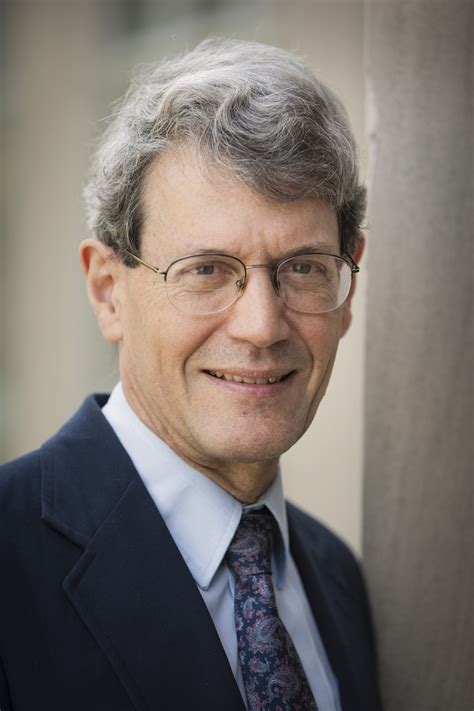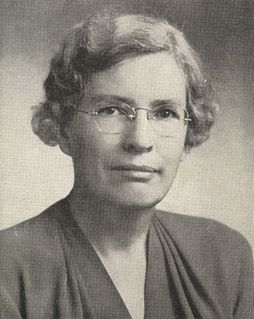A Quote by Abby Johnson
We are all afflicted with our own spiritual blindness. That's what sin does to us, and we all sin. We would do better to look into our own hearts and deal with our own sin before we condemn the sins of others.
Related Quotes
Every person in the world is by nature a slave to sin. The world, by nature, is held in sin's grip. What a shock to our complacency- that everything of us by nature belongs to sin. Our silences belong to sin, our omissions belong to sin, our talents belong to sin, our actions belong to sin. Every facet of our personalities belong to sin; it own us and dominates us. We are its servants.
Nothing cuts the nerve of the desire to pursue holiness as much as a sense of guilt. On the contrary, nothing so motivates us to deal with sin in our lives as does the understanding and application of the two truth that our sins are forgiven and the dominion of sin is broken because of our union with Christ.
Sometimes differences arise partly from incomplete information. We are finite. And we should admit that there are cases of uncertainty. But often the differences become exacerbated because of sinful inclinations underneath the surface, which incline us to prefer our own ideas and not to submit to what is less comfortable. We must be cautious about accusing anyone else of sin. We don't know people's hearts. But we must also avoid being naïve about the subtlety of sin and the corrupting effects of sin on the mind - our own minds, not only the mind of the other fellow.
Do not lose your temper with those who sin. Do not have a passion for noticing every sin in your neighbor and judging it, as we usually do. Everyone will give an answer for himself before God. Especially, do not look with evil intention on the sins of those older than you, with whom you have no business. But correct your own sins, your own heart.
Our first problem is that our attitude towards sin is more self-centred than God-centred. We are more concerned about our own "Victory" over sin than we are about the fact that our sin grieve the heart of God. We cannot tolerate failure in our struggle with sin chiefly because we are success oriented, not because we know it is offensive to God.
Devil does not bring sinners to Hell with their eyes open: he first blinds them with the malice of their own sins. He thus leads them to eternal perdition. Before we fall into sin, the enemy labours to blind us, that we may not see the evil we do, and the ruin we bring upon ourselves by offending God. After we commit sin, he seeks to make us dumb, that, through shame, we may conceal our guilt in confession.
Every man on earth is sick with the fever of sin, with the blindness of sin and is overcome with its fury. As sins consist mostly of malice and pride, it is necessary to treat everyone who suffers from the malady of sin with kindness and love. This is an important truth, which we often forget. Very often we act in the opposite manner: we add malice to malice by our anger, we oppose pride with pride. Thus, evil grows within us and does not decrease; it is not cured - rather it spreads
Sin does not always drive us to drink; more often it drives us to exhaustion. Tiredness is equally as debilitating as drunkenness. Burnout is slang for an inner tiredness, a fatigue of our souls. Jesus came to forgive us all of our sins, including the sin of busyness. The problem with growth in the modern church is not the slowness of growth but the rushing of growth.
To be "in Christ" is to place one's trust in Him for salvation from sin. To be "in Christ" is to trust His goodness, not our own; to trust that His sacrificial death on the cross paid the complete debt of death we owe for our sin; to trust that His resurrection gives us eternal life instead of relying upon our own ability to please God. To be "in Christ" is to claim, by faith, the free gift of salvation. To be "in Christ" is to enjoy a completely restored relationship with our Father in heaven by virtue of His Son's righteous standing.



































